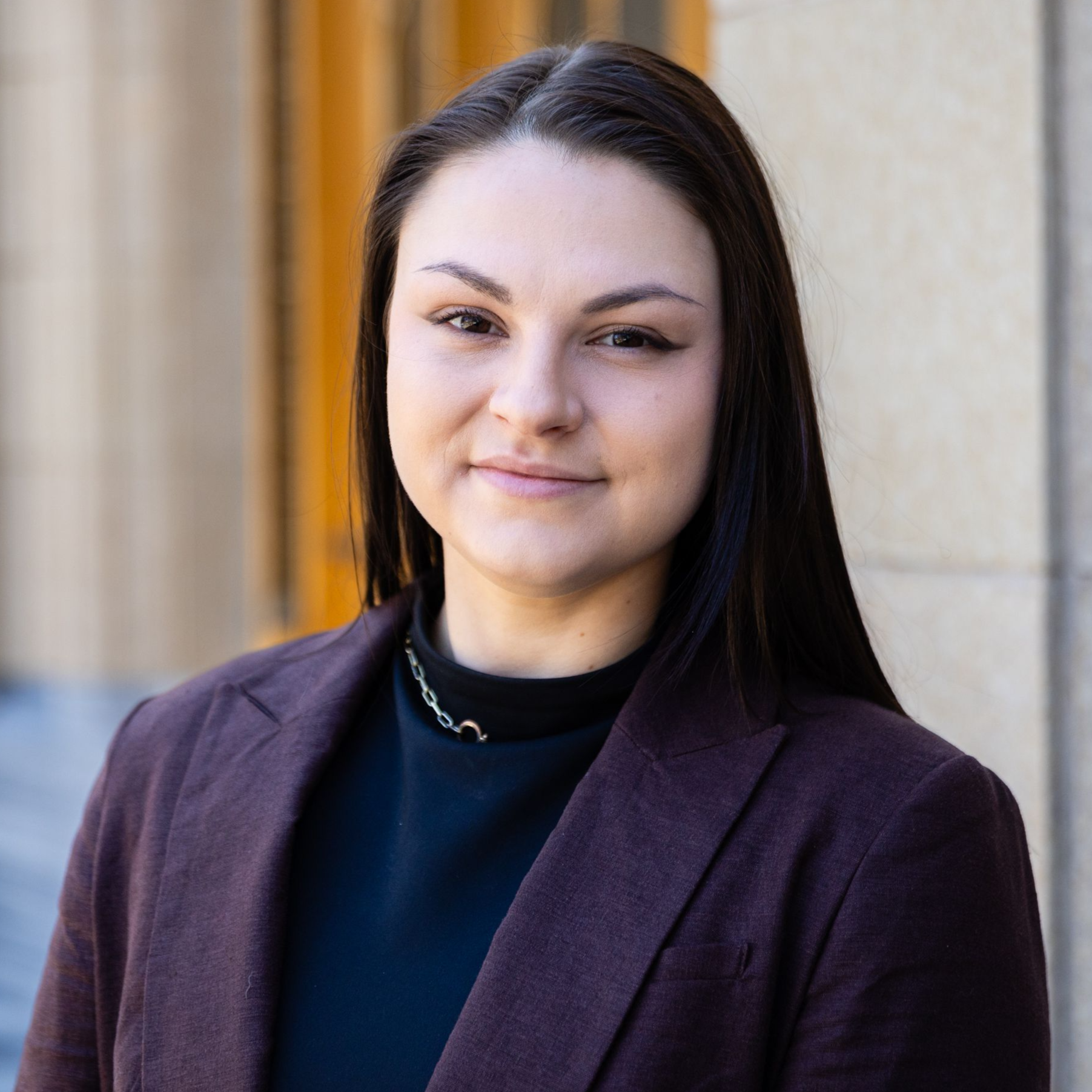Inside City Hall: Mayor Dickens remains quiet on Emory protests

Dozens were arrested last Thursday at Emory University after a pro-Palestinian protest was met with a chaotic attempt from police to disperse a crowd that had set up an encampment on the quad. The scene on one of Atlanta’s most prominent campuses shocked students, staff and alumni, alike.
With similar demonstrations in response to the Israel-Hamas war taking part on college campuses across the country, Georgia lawmakers were quick to weigh in, with Republicans condemning the actions of protesters while Democrats questioning police use of force.
But one voice that was left out of the debate was Atlanta Mayor Andre Dickens.
Dickens, a first-term mayor, remained quiet on the events that took place at Emory last week and throughout the weekend as peaceful protests on the campus continued.
The Atlanta Journal-Constitution requested a comment from Dickens Thursday morning as protests began to unfold. On Friday evening, a spokesperson for his office defended the Atlanta Police Department’s involvement in the public safety response, saying that the department assisted Emory police at the request of campus leadership when crowds refused to disperse.
“Unfortunately, during these interactions our law enforcement officers were met with violence,” the mayor’s office said. “APD is currently reviewing our body-worn camera footage to determine if our officers made any policy violations.
“We prioritize the safety and well-being of our college communities in and around the Atlanta area. There are times when educational institutions seek assistance from APD, and we remain dedicated to supporting them within the bounds of the law and their university policies,” the statement continued. “In addition, Mayor Dickens is looking to convene with presidents of institutions of higher learning in Atlanta to develop ways to create dialogue for pathways forward.”
The statement did not include a direct comment from Dickens.
The demonstration in Atlanta also called for the city to halt construction of its public safety training center — an 85-acre facility in unincorporated DeKalb County that will be used to train the city’s police, firefighters and EMS medical responders.
Among pro-Palestinian signage at the protests were phrases like “Stop Cop City,” the name given to the facility by its opponents. Training center opponents point to Atlanta police ties to Israel through the Georgia International Law Enforcement Exchange program where local police have historically trained with Israeli forces.
The mixing of the two issues puts the first-term mayor in a tough position as he’s continued to crack down attacks on the city’s training center but, like some Democratic officials, is hesitant to weigh in on the heated international debate around the Israel-Hamas war that has divided his party.
On Thursday, President of the Georgia NAACP Gerald Griggs sent a letter requesting a meeting with Emory President George Fenves in regards to the “violent physical arrests” of protestors by police.
“The free exchange of ideals, regardless of the point of view, should be allowed on a college campus,” he said. “When I was there — on that same college campus, on that same quad, protesting the Georgia flag — we were not met with rubber bullets and tasing while someone’s handcuffed.”
Griggs said Atlanta’s top leaders should be vocal about the law enforcement response to the encampment at Emory.
“You would think in the birthplace of Civil Rights leaders would comment on what appears to be excessive use of force by law enforcement,” Griggs said.
---
Got tips, tricks or just want to say hello? Email me at riley.bunch@ajc.com.




